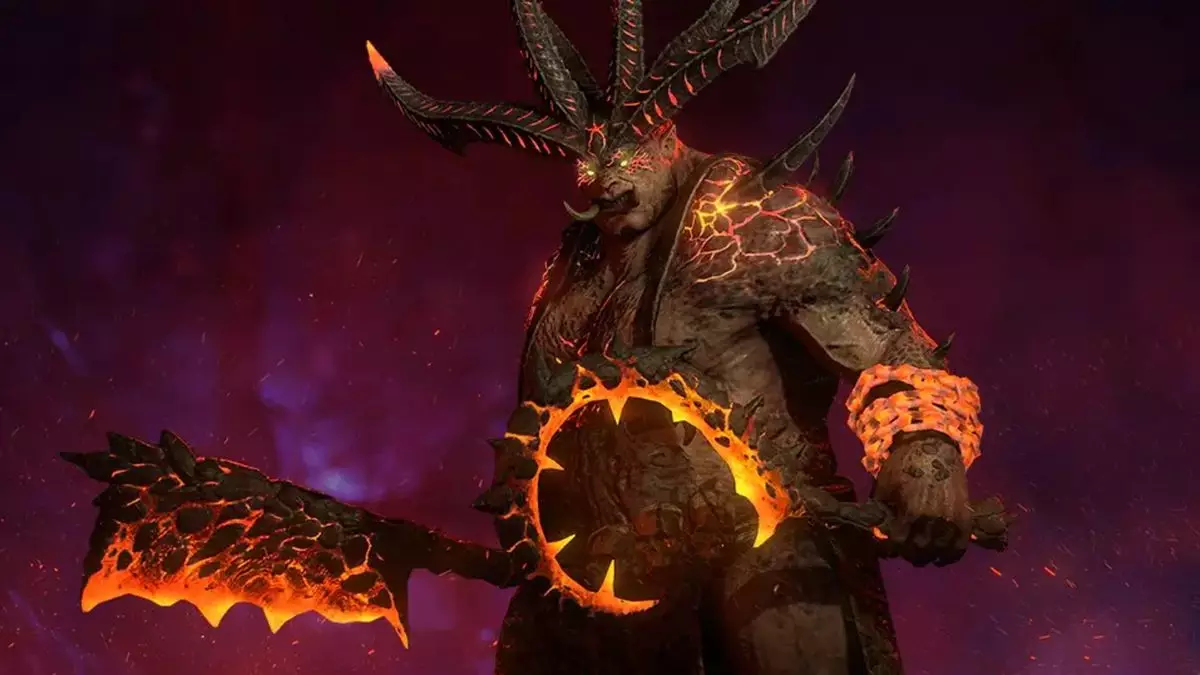The Action Role-Playing Game (ARPG) genre has evolved significantly over the years, shaped largely by iconic titles and their influence on game design and player expectations. In this environment, discussions about the nomenclature associated with these games can spark intense debates among gamers and developers alike. Recently, the head of the Diablo franchise, Rod Fergusson, ignited one such discussion by proposing that ARPGs resembling Diablo should be labeled as “Diablo-likes.” His tweet questioned whether the term could be mainstreamed, similar to how “Souls-like” and “Roguelike” have become staple phrases. While his intent may have been to clarify genre definitions, the overwhelmingly negative response indicates that gamers are wary of such labels, highlighting the complexity of applying genre descriptors in a rapidly diversifying landscape.
Fergusson’s proposal has not only raised eyebrows but sparked a considerable backlash within the gaming community. One of the most telling responses came from streamer Empyrian, whose succinct dismissal of the term — “I don’t think so” — gained traction with over 1.4k likes. This immediate disapproval accentuates a broader sentiment that labeling games could detract from their unique qualities. As the response to Fergusson’s tweet suggests, many gamers feel that drawing a parallel between the rich history and diverse mechanics of ARPGs into a blanket term like “Diablo-like” is a gross simplification. The frustration was further compounded by the timing of Fergusson’s tweet, following a highly publicized stream for *Path of Exile 2*, a direct competitor to *Diablo*, leading some to speculate whether this was a reactionary outburst aimed at deflecting attention from *Path of Exile*’s success.
The term “ARPG” itself has morphed over the years, initially characterized by the *Diablo* series’ gameplay mechanics such as loot-based progression and real-time combat. However, as other games integrate these elements but also introduce varied mechanics and narratives, the lines between different titles blur. The invocation of genre-defining terms like “Souls-like” helps to encapsulate complex game features that appeal to a niche audience. Yet, as Fergusson himself noted, the genre’s breadth means that the dynamics of ARPGs now surpass what *Diablo* initiated. This evolution begs the question: do we truly need additional labels, or should we embrace the diversity of the genre instead?
Rod Fergusson’s suggestion of normalizing the term “Diablo-like” underscores the ongoing struggle within the gaming community to establish clearer identities and definitions amidst a rapidly changing landscape. As the genre expands and diversifies, developers must tread carefully, being mindful that oversimplifying complex mechanics could alienate passionate fans who cherish the unique attributes of each game. Ultimately, the dialogue surrounding genre labeling is crucial; it helps both players and developers articulate preferences and expectations while also pushing the boundaries of what defines an ARPG in today’s gaming ecosystem. Whether or not the term “Diablo-like” gains acceptance, Fergusson’s proposal highlights a deeper context about identity within gaming that extends beyond mere nomenclature.

